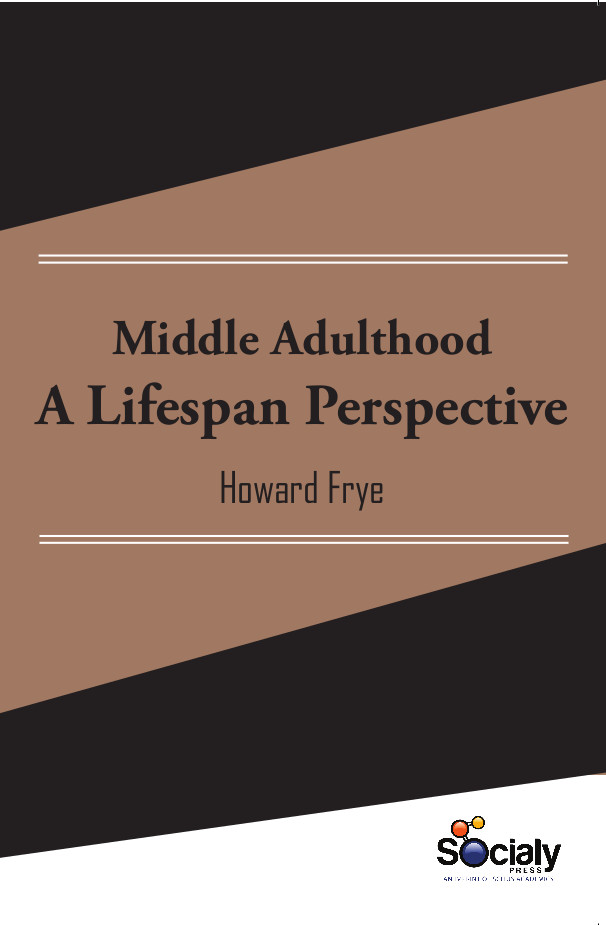Midlife is no longer an “uncharted territory” in human development. Developmentalists categorize this life stage as people between ages 35 to 64, and they maintain that healthy and unhealthy lifestyles and attitudes are the main concerns for those in this age group. In this age changes are taking place as well, with some decline in the major organs, including the lungs, heart and digestive system; additionally women undergo menopause sometime between the ages of 42 and 51. Until the middle of the 20th century, it was thought that intelligence peaked in adolescence and then began to decline, and continued its descent over the remainder of a person’s life. However, psychological researchers, particularly the work of K. Warner Schaie and his 1956 study called the Seattle Longitudinal Study, have proven that hypothesis incorrect, proving that some aspects of intelligence, such as vocabulary skills, actually increase until about age 60. Schaie’s research project studied the aging and cognition of individuals from birth through the entire life span. Although younger generations score higher on IQ tests than older generations, that doesn’t mean that the intellectual abilities of adults diminish. To the contrary, middle adulthood is a time when many people have acquired a particular vocational expertise that makes them uniquely more qualified and capable than younger adults. This means that many in midlife are at the height of their careers, which also means increased job responsibilities. Career pressures combined with other changes taking place in their lives require the ability to adequately juggle personal and professional responsibilities.
Middle Adulthood: A Lifespan Perspective draws a wide-range of topics, including historical perspectives on the emergence of middle age as a normative developmental period in the life course, change and stability in personality, and cognitive development and decline. Experiences in adolescence and young adulthood can impact how we function in midlife, as can socio-cultural factors. Furthermore, how we develop in middle age can influence how well we cope in our later years. This book will be of interest for scholars, researchers, and practitioners in the field of adult development and ageing in the departments of Developmental Psychology, Human Development and Family Studies, Gerontology, Family Diversity and Health.










